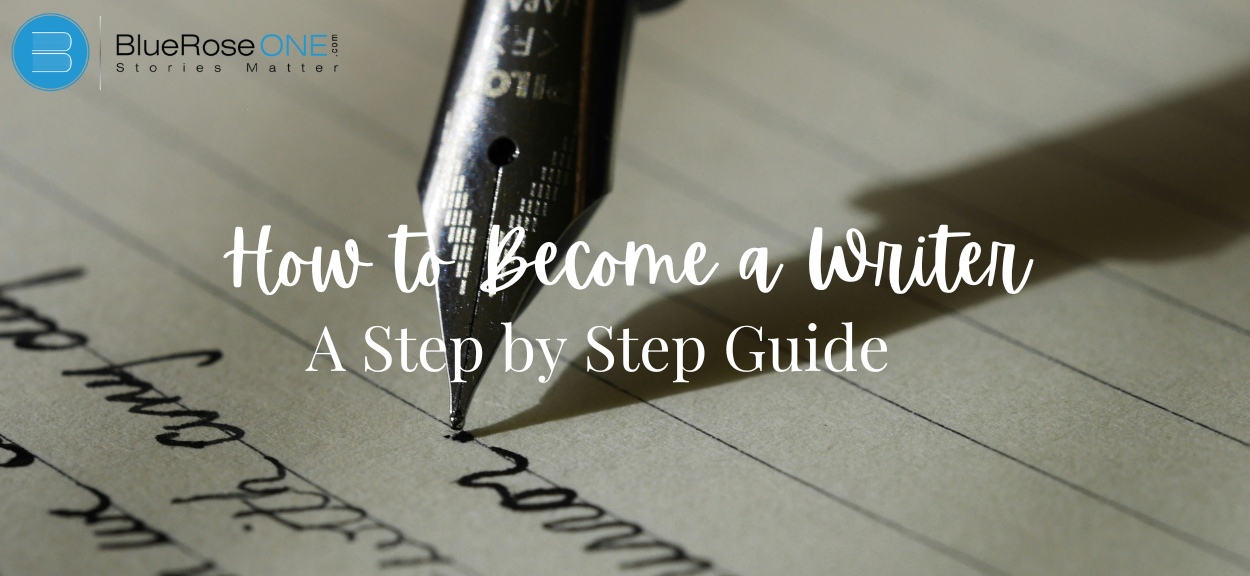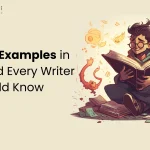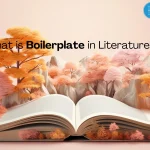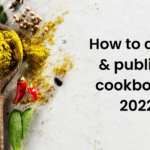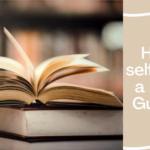Introduction
The dream of becoming a writer burns bright in many. Whether you envision yourself crafting captivating novels, penning thought-provoking articles, or weaving tales for the silver screen, the written word holds immense power. But the path from blank page to published author can seem daunting. Fear not, aspiring wordsmiths! This comprehensive guide will answer your – How to become a writer?
Find Your Niche: Ignite Your Passion
The first step is identifying your niche. What ignites your creative fire? Do you have a passion for storytelling and are a specialist in history? Perhaps you possess a keen eye for social issues and yearn to give voice to the unheard. Maybe you simply love to craft fantastical worlds and enthralling characters. Regardless of your inclination, honing in on your passion is crucial. It will not only make writing more fun, but readers will be attracted by your work because of your excitement.

Create a Passion for Reading to become a writer
Reading is not just a pastime for writers; it’s a masterclass in storytelling. By immersing yourself in different genres and styles, you’ll absorb the nuances of language, sentence structure, and plot development. Pay attention to how authors build suspense, create vivid characters, and evoke emotions. Analyze what resonates with you and what feels forced.
You may also like: The Rise of Self-Publishing: Empowering Authors
Sharpen Your Craft: Write Regularly
Just like any skill, writing requires consistent practice. Here are some tips to cultivate your writing routine:
- Set achievable goals: Start small, perhaps aiming for 30 minutes or 500 words a day. As you get more comfortable, gradually extend the time or word count.
- Embrace freewriting: Let your thoughts flow freely without judgment. This loosens inhibitions and sparks ideas for future projects.
- Experiment with different genres: Don’t limit yourself. Explore various writing styles to discover your strengths and preferences.
- Join a writing group: Surround yourself with other aspiring writers. Share your work, offer constructive criticism, and learn from each other’s experiences. You may join writing groups such as NaNoWriMo, Circle.
Become a Grammar Guru to become a writer
While a unique voice is valuable, a solid grasp of grammar and punctuation is essential. Invest in a good grammar guide or take an online course to brush up on the fundamentals. Strong technical skills enhance your writing’s professionalism and credibility.
Embrace the Edit: Refine and Revise
The first draft is rarely the finished product. A crucial step in the writing process is editing.Here’s a breakdown:
- Self Edit: After a period of time away from your work, go back and revise for clarity, flow, and consistency.
- Seek Feedback: Share your work with trusted beta readers who can offer honest critiques on plot, character development, and overall effectiveness.
- Consider professional editing: For polished writing, consider enlisting the services of a professional editor.
Choose Your Path: Self-Publishing vs. Traditional Publishing
The publishing industry provides a variety of choices. Here’s an overview of the two primary paths:
- Traditional Publishing: This approach entails sending your work to literary representatives who link writers with publishers and represent writers. Although there may be competition in the process, established publishers frequently offer marketing assistance and editorial help.
- Self-publishing: You take charge of every step of the process with self-publishing platforms, from formatting and editing to marketing and distribution. Self-publishing gives you more creative freedom but demands a large time and effort investment.
You may also like: Romance Novel complete publishing guide in 2024
Master the Art of Editing and Proofreading
Mastering the art of editing and proofreading is akin to refining a masterpiece. It requires a meticulous eye for detail, a deep understanding of language, and a commitment to perfection. Editing involves more than just correcting grammatical errors; it’s about enhancing clarity, coherence, and effectiveness of the written piece. It’s the process of sculpting raw words into polished prose, ensuring each sentence flows seamlessly into the next.
Proofreading, on the other hand, is the final polish, catching those elusive typos and ensuring flawless presentation. Together, these skills elevate writing from good to exceptional, leaving a lasting impression on readers. To truly master this craft is to wield the power to transform ordinary text into a work of art.
Conclusion - How to become a writer
Becoming a writer is a rewarding journey filled with challenges and triumphs. By nurturing your talent, embracing continuous learning, and remaining persistent, you can transform your passion for writing into a fulfilling
Ready to turn your dream into a published book? BlueRose Publishers offers aspiring authors a supportive publishing platform to guide you through your journey. Visit our website to learn more about our services and how we can help you become a published author!
You may also like: Is Kindle Direct Publishing right for Your Next Book?

